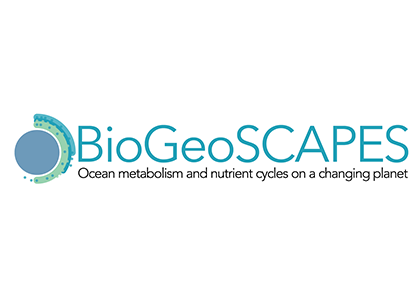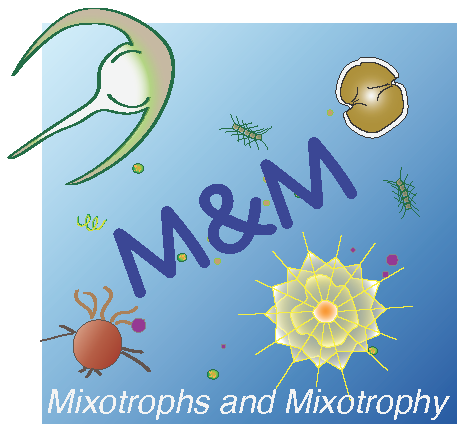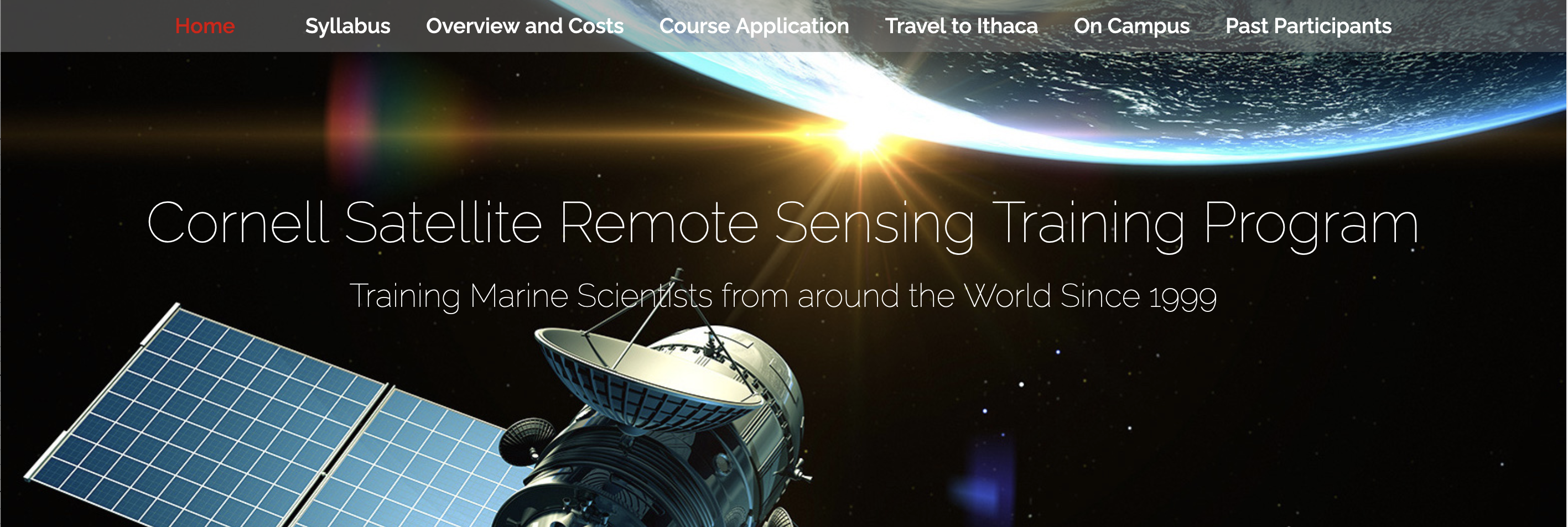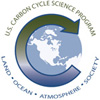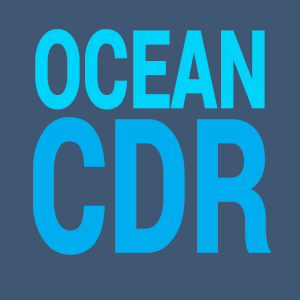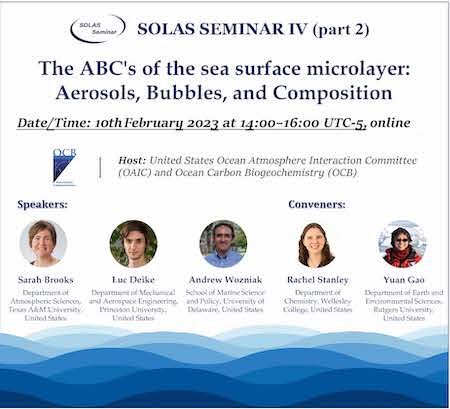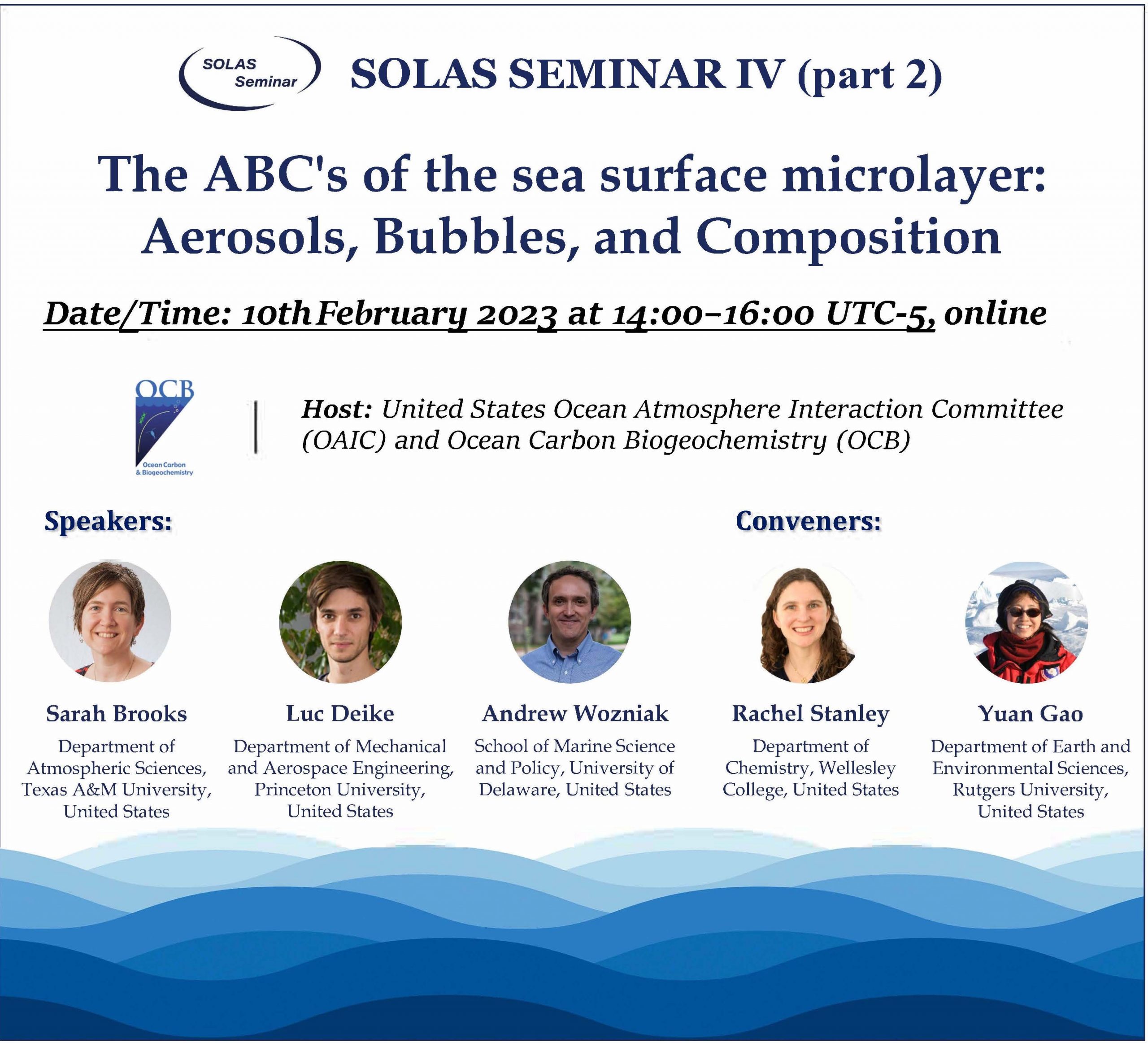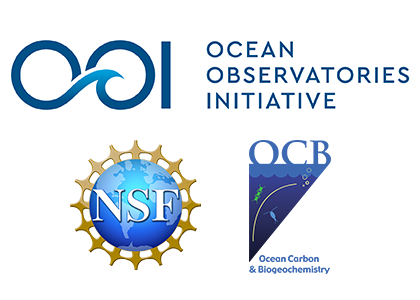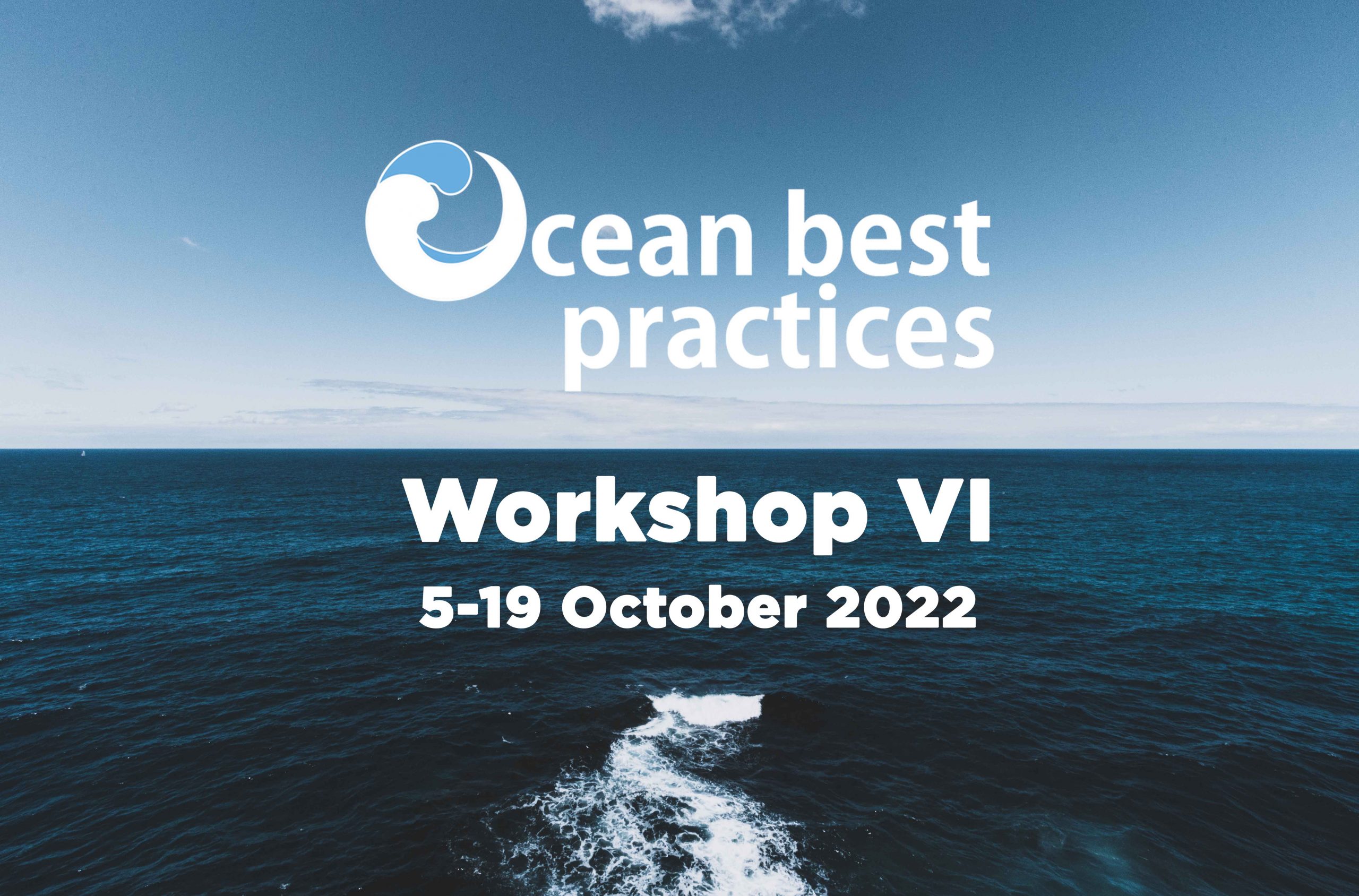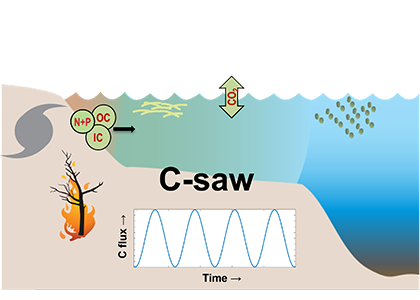Nov. 6-9, 2023 (Woods Hole, MA/hybrid)
Are you interested in contributing to the development of the international BioGeoSCAPES science plan?
The NSF-funded Accelnet Development of an International Network for the Study of Ocean Metabolism and Nutrient Cycles on a Changing Planet (BioGeoSCAPES) will convene an international BioGeoSCAPES science planning workshop on 6-9 November 2023 at the Woods Hole Oceanographic Institution (with hybrid option).
The objectives of this workshop are to:
- Facilitate community building and collaboration across nations and disciplines
- Develop the scientific rationale behind the international BioGeoSCAPES activity in the future
- Organize a writing group to deliver the BioGeoSCAPES science plan
In-person participation will be capped at ~80 people with representation across nations, disciplines, etc., to ensure that we are able to have focused discussions that will inform the delivery of the workshop goals. There will also be a series of virtual brainstorming sessions spanning different time zones leading up to the workshop to enable even broader input ahead of the workshop. Partial travel stipends will be available on an as-needed basis, and more details will be provided as the date draws closer. The workshop application will open in mid-late Spring 2023.
Please visit the newly updated BioGeoSCAPES website, join the email list, and follow us on Twitter to stay in the loop!
In person registration is full, we are still accepting applications for virtual participation.
Learn more https://tinyurl.com/Biogeoscapes-2023


